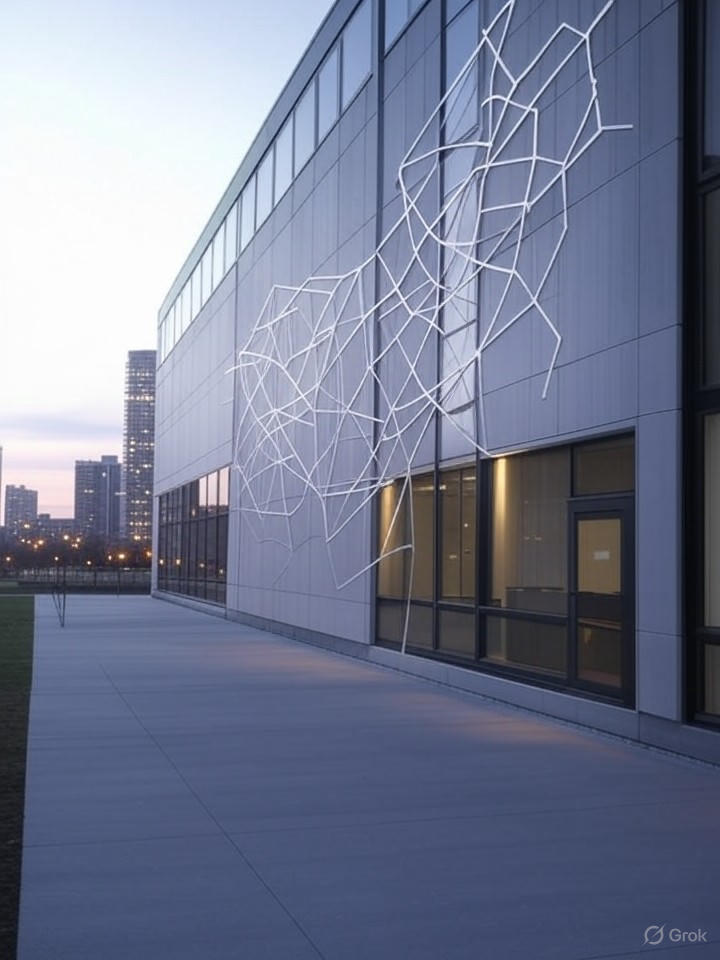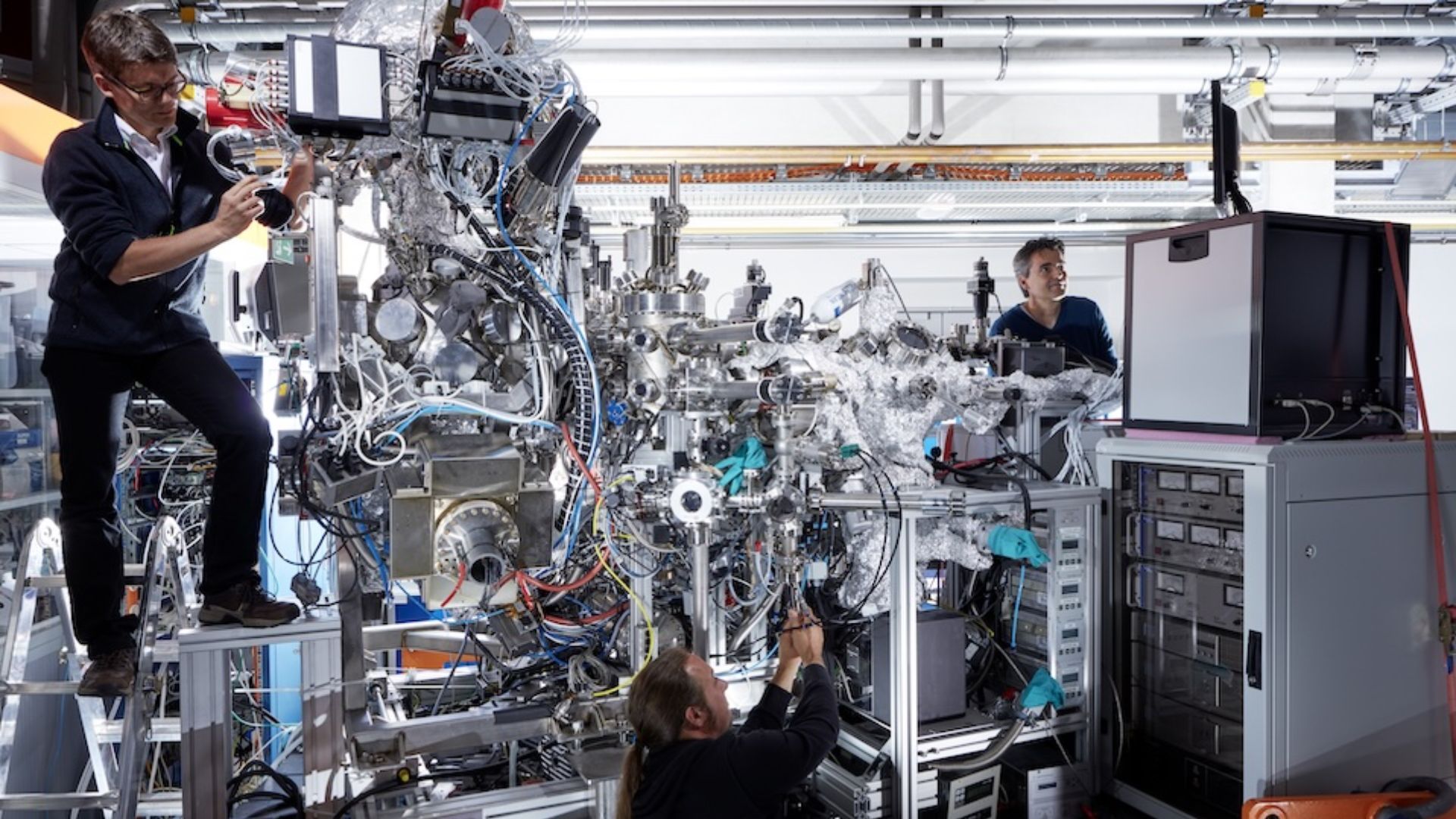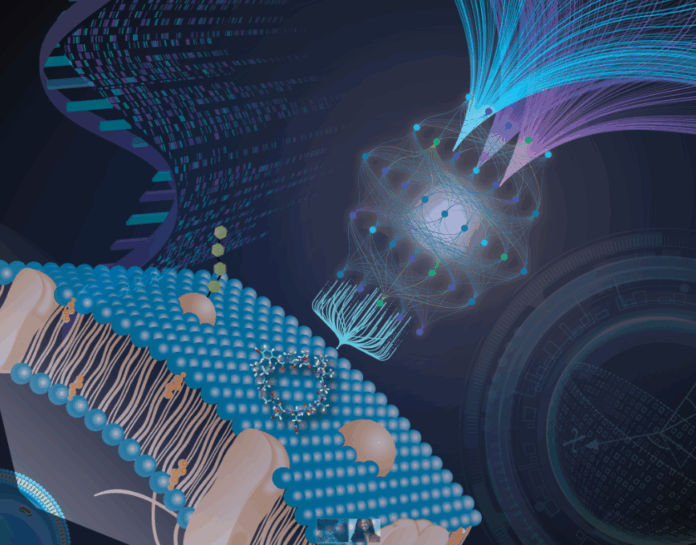The University of Chicago has initiated an innovative project that intertwines artificial intelligence with the humanities. This endeavor, based at the Neubauer Collegium for Culture and Society, aims to explore how generative AI can enhance humanistic knowledge and creativity. Announced recently, this interdisciplinary initiative is part of the university’s 2025-26 academic cohort, which includes nine faculty-led projects.
The project arrives as interest in the creative applications of AI surges, particularly with advancements like AlphaFold, a groundbreaking model developed by UChicago alumnus and Nobel laureate John Jumper. While such AI models excel in technical domains, they often struggle with abstract concepts tied to human ingenuity. The Neubauer Collegium seeks to address this gap by incorporating insights from literature, philosophy, and history into the study of AI.
A Human-Centric Approach to AI
Director Tara Zahra emphasizes that this year’s theme, “The Solution Is Human,” reflects a decade of commitment to integrating humanistic research into broader societal discussions. Since its inception, the Neubauer Collegium has supported over 147 research collaborations that blend arts and social sciences. The current project will involve sixteen humanities faculty members who will investigate what generative AI reveals about creativity and knowledge structures.
This initiative also parallels conversations happening in the tech industry, particularly at organizations like OpenAI, where aligning AI outputs with human values remains a challenge. The Collegium’s approach, which fosters faculty-led interdisciplinary collaboration, has previously led to successful projects, such as digital storytelling labs that evolved into public health initiatives.
The focus of this new project is to examine how tools like large language models can serve as a lens for understanding human cognition. By reversing the traditional narrative—wherein the humanities adapt to AI—the project aims to use AI as a means to dissect the essence of creativity.
Mapping the Future of AI and Humanities
Participants from UChicago’s humanities division will convene to explore the intersections of AI and humanistic inquiry. This could lead to frameworks for developing AI that better reflects human-like understanding. The project coincides with UChicago’s ongoing research in quantum and bioelectronics, showcasing the institution’s commitment to interdisciplinary innovation.
The 2025-26 project slate, revealed in February, encompasses a variety of topics, including sociolinguistic theory and artistic research challenges. Past cycles have demonstrated a pattern of applying humanistic methods to address societal issues. Zahra notes the importance of diverse perspectives, integrating arts into inquiries that tackle pressing topics such as income inequality and ancient data through the lens of AI.
Funding and structural support allow for year-long residencies, with visiting fellows enhancing UChicago’s academic ecosystem. The university is home to notable economists like John List and Steven Levitt, whose accessible economics courses broaden outreach efforts.
The project’s establishment sends a clear message to the tech industry: the humanities play a crucial role in shaping the future of AI. As AI models process vast amounts of data, issues related to bias, narrative coherence, and ethical creativity require a humanistic perspective.
Critics may question how to quantify the influence of humanistic studies in metrics commonly used in AI, such as perplexity or fidelity. Nevertheless, historical precedents exist, such as the South Side Stories transmedia lab, which effectively influenced policy through narrative power.
As the University of Chicago continues to explore these critical intersections, it positions itself at the forefront of a movement that reframes AI not as a threat to the humanities but as a catalyst for deeper understanding and creative exploration. This project could pave the way for future collaborations that export valuable insights to industry, sustaining the university’s role as a leader in both academic and practical realms.







